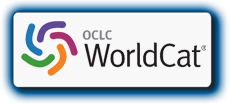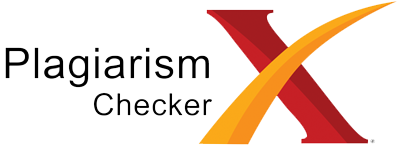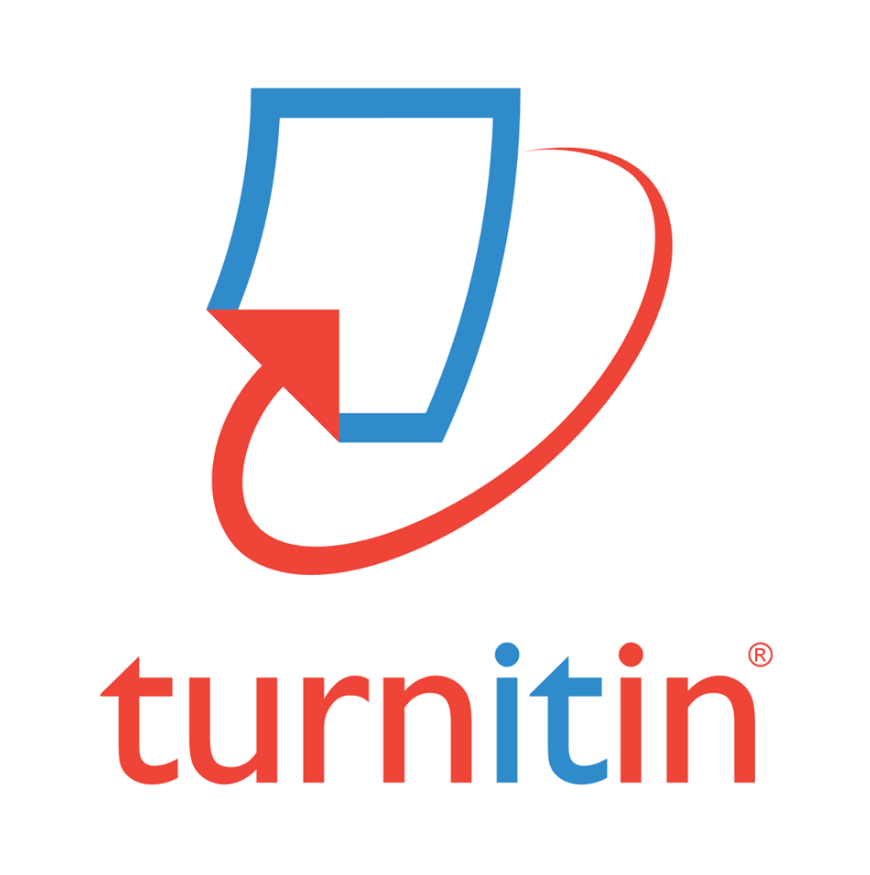Pengaruh Strategi Pembelajaran Swa-Atur dengan Discovery Learning dan Gaya Kognitif terhadap Hasil Belajar Kimia
Abstract
Tujuan penelitian ini adalah 1) mengetahui perbedaan hasil belajar kimia antara siswa yang mengikuti strategi pembelajaran Swa-Atur dan Discovery Learning,2) mengetahui perbedaan hasil belajar kimia antara siswa yang mempunyai gaya kognitif Field Dependence dan gaya kognitif Field Independence, dan 3) untuk mengetahui interaksi antara pembelajaran Swa-Atur, pembelajaran Discovery Learning, dan gaya kognitif siswa terhadap hasil belajar kimia. Penelitian ini merupakan penelitian eksperimen faktorial 2 x 2. Kelompok kontrol merupakan kelompok yang mengikuti pembelajaran menggunakan strategi pembelajaran Discovery Learning, sedangkan kelompok eksperimen merupakan kelompok yang mengikuti pembelajaran menggunakan strategi pembelajaran Swa-Atur. Melalui desain analisis ANAVA dua arah ini akan dibandingkan pengaruh strategi pembelajaran Swa-Atur dengan strategi pembelajaran Discovery Learning dan gaya kognitif siswa yaitu Field Dependence dan Field Independence terhadap hasil belajar kimia. Dari analisis diperoleh hasil: Ha.1 diperoleh Fhitung = 22,566 lebih besar dari Ftabel dengan pembilang 1 dan penyebut 67 yang 3,99 (Fhitung > Ftabel) dan p = 0,000 maka p <0,05 sehingga terbukti bahwa nilai rata-rata kedua populasi tidak sama sehingga terbukti hasil belajar dengan strategi pembelajaran Swa-Atur dan Discovery Learning berbeda secara signifikan pada taraf kepercayaan 95%. Ha.2 diperoleh Fhitung = 5,182 lebih besar dari Ftabel dengan pembilang 1 dan penyebut 67adalah 3.99 (Fhitung > Ftabel) dan p = 0,000 maka p <0,05 berarti bahwa hasil belajar siswa yang memiliki gaya kognitif Field Independence dan gaya kognitif Field Dependence berbeda secara signifikan pada taraf kepercayaan 95%, dan Ha.3 diperoleh Fhitung = 0,219 lebih kecil dari Ftabel dengan pembilang 1 dan penyebut 67adalah 3.88 (Fhitung < Ftabel) dan p =0,641 maka p> 0,05 berarti bahwa tidak ada interaksi strategi pembelajaran Swa-Atur dan Discovery Learning dan gaya kognitif siswa terhadap hasil belajar pada taraf kepercayaan 95%. Kesimpulan yang diperoleh bahwa siswa yang diberi strategi pembelajaran Swa-Atur menunjukkan hasil belajar lebih tinggi dari strategi pembelajaran Discovery Learning. Bahwa siswa yang memiliki Field Independence memiliki hasil belajar yang lebih tinggi daripada siswa yang memiliki Field Dependence. Tidak ada interaksi antara strategi pembelajaran dan hasil belajar kimia.
The objectives of this study were 1) to determine differences in chemistry learning outcomes between students who took Self-Organized learning strategies and Discovery Learning, 2) to determine differences in chemistry learning outcomes between students who had Field Dependence cognitive style and Field Independence cognitive style, and 3) to determine the interaction between Self-Organized learning, Discovery Learning learning, and students' cognitive styles on chemistry learning outcomes. This research is a 2 x 2 factorial experimental research. The control group is a group that follows learning using the Discovery Learning learning strategy, while the experimental group is a group that takes learning using the Self-Organized learning strategy. Through this two-way ANAVA analysis design, the influence of Self-Arranged learning strategy with Discovery Learning learning strategy and students' cognitive style, namely Field Dependence and Field Independence, will be compared to chemistry learning outcomes. From the analysis, the results obtained: Ha.1, it is obtained that Fcount = 22.566 is greater than Ftable with the numerator 1 and denominator 67 which is 3.99 (Fcount> Ftable) and p = 0.000 then p <0.05, so it is proven that the average value of the two populations not the same so it is evident that the learning outcomes with Self-Organized learning strategies and Discovery Learning differ significantly at the 95% confidence level. Ha.2 obtained Fcount = 5.182 greater than Ftable with a numerator of 1 and the denominator 67 is 3.99 (Fcount> Ftable) and p = 0.000 so p <0.05 means that the learning outcomes of students who have Field Independence cognitive style and Field Dependence cognitive style are different significantly at the 95% confidence level, and Ha.3 obtained Fcount = 0.219 which is smaller than Ftable with numerator 1 and denominator 67 is 3.88 (Fcount <Ftable) and p = 0.641 then p> 0.05 means that there is no interaction between self-learning strategies -Set and Discovery Learning and students' cognitive styles on learning outcomes at the 95% confidence level. The conclusion was that students who were given the Self-Organized learning strategy showed higher learning outcomes than Discovery Learning learning strategies. That students who have Field Independence have higher learning outcomes than students who have Field Dependence. There is no interaction between learning strategies and chemistry learning outcomes.
Keywords
Full Text:
PDFReferences
Alma, Buchari., . (2010). Guru Profesional Menguasai Metode dan Terampil Mengajar. Bandung: Penerbit Alfabeta.
Anastasi, A. & Urbina, S. 1997. International Edition Seventh Edition Psychologycal Testing. New Jersey: Prentice Hall.Pp.444.
Arabzadeh, M., Kadivar, P., & Dlavar, A. (2012). The Effects of Teaching Self-Regulated Learning Strategy on Students’ Academic Delay of Gratification. Interdisciplinary Journal Of Contemporary Research In Busines. Vol. 4 No. 12, pp. 580-587.
Arends, R. 2008. Learning to Teach. Yogyakarta: Pustaka Pelajar.
Chatzistamatiou, M., & Dermitzak, I. (2013). Teaching Mathematics With Self-Regulation and for Self-Regulation: Teachers' Reports. Hellenic Journal of Psychology. Vol. 10, pp. 253-274.
Ellis, J. (2008). Psikologi Pendidikan Membantu Siswa Tumbuh dan Berkembang (Jilid 2). Jakarta: Erlangga.
Keefe, J.W. (1987). Learning Style Theory and Practice.Virginia: National Association of Secondary School Principals. p.17.
Kementrian Pendidikan dan Kebudayaan. (2014). Modul Pelatihan Implementasi Kurikulum 2013 SMP Bahasa Inggris. Jakarta: Badan Pengembangan Sumberdaya Manusia Pendidikan dan Kebudayaan dan Penjaminan Mutu Pendidikan Kementrian Pendidikan dan Kebudayaan.
Mezei, G. (2008). Motivation And Self-Regulated Learning: A Case Study of A Pre-Intermediate and An Upper-Intermediate Adult Student. Wopalp. Vol. 2, pp. 79-104.
Nanang, H., dan Suhada, C. (2009). Konsep Strategi Pembelajaran. Bandung: Refika Aditama.
Riding, R., & Rayner, S. (1998). Cognitive Styles and Learning Strategies Understanding Style Differences in Learning and Behaviour, (London: David Fulton Publishers), p. 8.
Santrock, J. W. (2010). Psikologi Pendidikan (Edisi Kedua). Jakarta: Kencana.
Schunk, D. H. (2005). Self-regulated learning: The educational legacy of Paul R. Pintrich. Educational Psychologist 40, 85-94.
Slameto. (2010). Belajar & Faktor Yang Mempengaruhi. Jakarta: PT. Rineka Cipta.
Suprijono, Agus. (2010). Cooperative Learning. Yogyakarta: Pustaka Pelajar.
Suryosubroto, B. (2009). Proses Belajar Mengajar di Sekolah. Jakarta: Rineka Cipta.
Woolfolk, A.E. (1993). Educational Psychology. London: Allyn and Bacon, p.129
Zimmerman, J. (1989). A Social Cognitive Viewof Self-Regulated Academic Learning. Journal of Educational Psychology. Vol. 81 No. 3, pp. 329-33.
Zumbrunn, S., Tadlock, J., & Danielle, E. R. (2011). Encouraging Self-Regulated Learning in the Classroom: A Review of the Literature. Metropolitan Educational Research Consortium (MERC). Virginia: Virginia Commonwealth University.
DOI: http://dx.doi.org/10.17977/um039v4i12019p056
Refbacks
- There are currently no refbacks.
Copyright (c) 2019 Mohammad Fauzi

This work is licensed under a Creative Commons Attribution-ShareAlike 4.0 International License.
Edcomtech: Jurnal Kajian Teknologi Pendidikan published by Department of Educational Technology, Faculty of Education, State University of Malang in Collaboration with Asosiasi Program Studi Teknologi Pendidikan Indonesia (APS TPI) and Ikatan Profesi Teknologi Pendidikan Indonesia (IPTPI) with MoU.
Publisher Address:
Lab. Teknologi Pendidikan, Gd.E2, Lt.1
Fakultas Ilmu Pendidikan Universitas Negeri Malang
Jalan Semarang No 5, Kota Malang Kode Pos 65145
Email: edcomtech.fip@um.ac.id
========================================================================================================
| INDEXED BY | TOOLS | PLAGIARISM CHECK | ARTICLE TEMPLATE |
|

Edcomtech is licensed under a Creative Commons Attribution-ShareAlike 4.0 International License.
Edcomtech Statistics (Since July 13th, 2020)

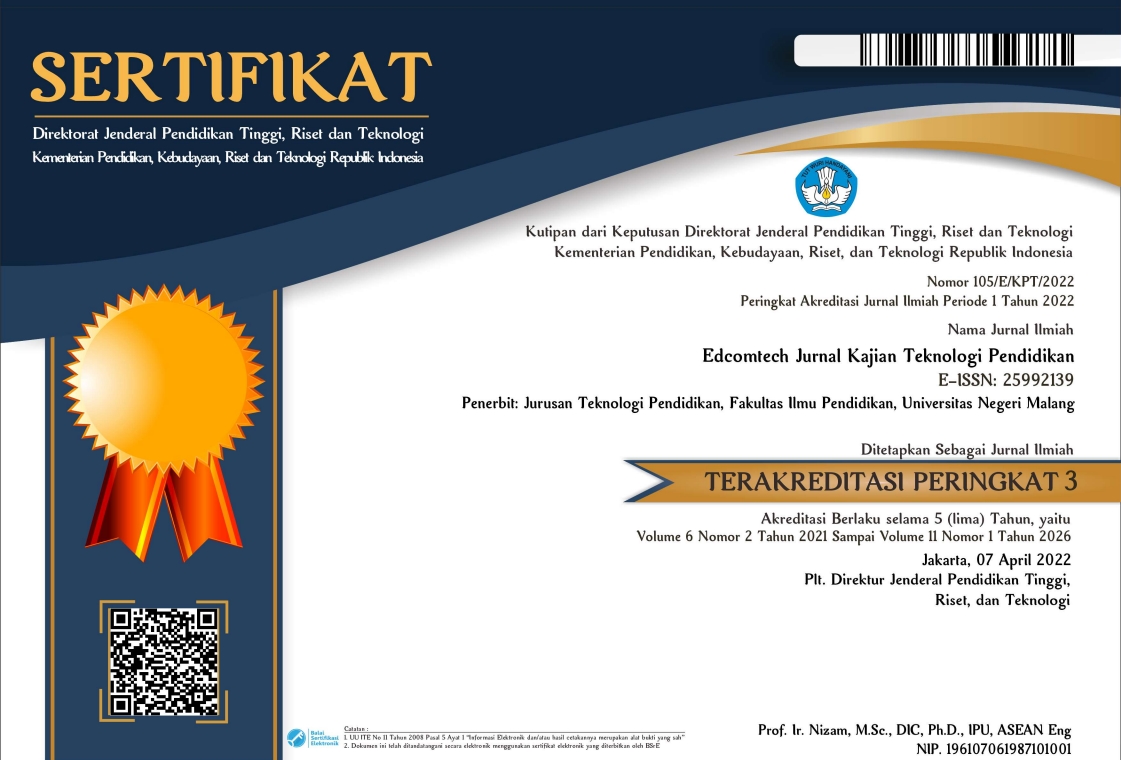



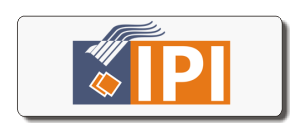





1.png)
